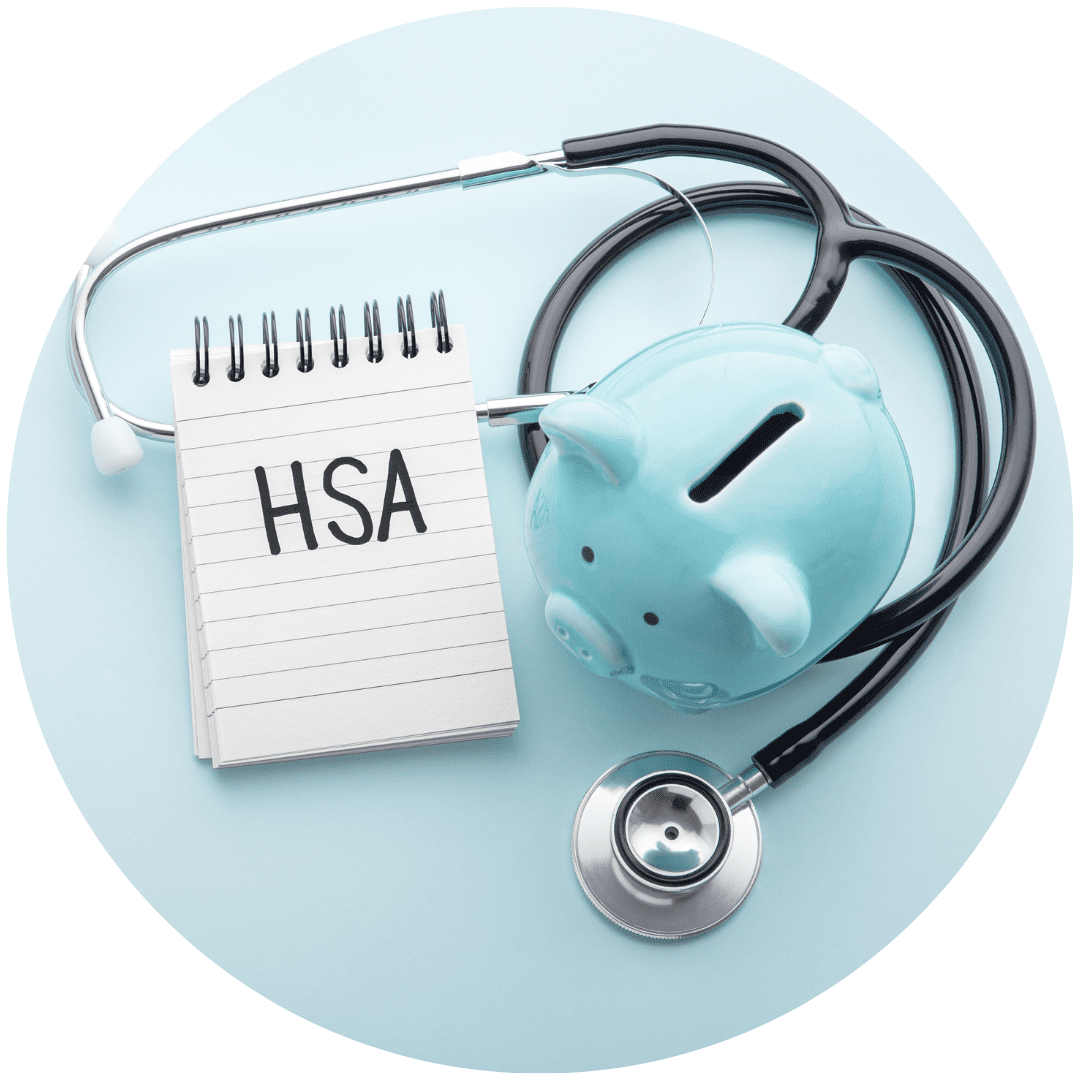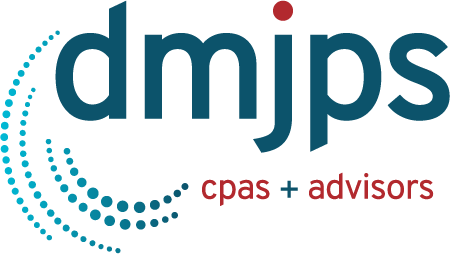 Health savings accounts (HSAs) are an often overlooked tax planning tool that can not only save you taxes now but can also be used for wealth-building and retirement planning. If you are eligible to contribute to an HSA there are many benefits, some of which are often unknown and rarely discussed.
Health savings accounts (HSAs) are an often overlooked tax planning tool that can not only save you taxes now but can also be used for wealth-building and retirement planning. If you are eligible to contribute to an HSA there are many benefits, some of which are often unknown and rarely discussed.
Contributions to HSAs are tax deductible. If you are lucky enough to have an employer who offers the option to have deductions taken pre-tax from your wages, not only do you save on income taxes you also save on FICA taxes. If not so lucky, you still get the benefit of the tax deduction from eligible contributions when you file your individual tax return. Also, if you contribute to an HSA through your employer, but less than the maximum, you can make up the shortfall on your 1040.
HSAs last your lifetime and are portable. There is no time limit on when you need to take reimbursements for qualified medical expenses. You can choose to maximize your contributions year after year and build up a savings of eligible funds. Since the account is portable, no matter where you are working you can take it with you, which makes this a simple task. These funds can be used later in life to cover healthcare costs when they may be needed most, like a secondary retirement fund just for medical expenses, so you can save your actual retirement savings for other things where it may be needed.
You can grow your HSA even more. Many HSA administrators allow for investing of funds once the account balance reaches a minimum amount. So not only can you build up a nice nest egg of “health care” savings with the money you contribute over the years, but by doing a little research and choosing an HSA administrator that allows for investments inside the fund you can grow your fund even more. The growth is not taxable income to you when distributed, so it is a win win.
Save your HSA for an emergency. Though building up the HSA and saving it for later in life is the best option, sometimes things happen. When you experience a major unexpected medical event in life a lot of times you are unprepared financially. If you already have an HSA in place that has been building up in value, the benefit of this account is you can take a withdrawal at any time in life to cover those unexpected medical costs. This could help ease one aspect of an already stressful situation.
There are many types of medical expenses allowed for reimbursement. Not only are traditional healthcare costs covered by the HSA such as hospitals, doctors, dentists, etc. But, the HSA can also be used for certain insurance premiums such as Medicare Part B and Part D, even when withheld from Social Security. There are also some long-term care premiums eligible for reimbursement, subject to certain limits. As well as traditional expenses and insurance, some medical supplies can also be eligible for reimbursement. A good rule of thumb is, if it qualifies as a medical deduction on your tax return it can potentially qualify for HSA reimbursement.
When used thoughtfully HSAs can be an undeniable way to realize tax deductions, while setting yourself up for tax-free investment earnings and giving yourself a nice cushion against future healthcare costs.
If you have any questions or would like additional information, please contact DMJPS CPAs + Advisors.

